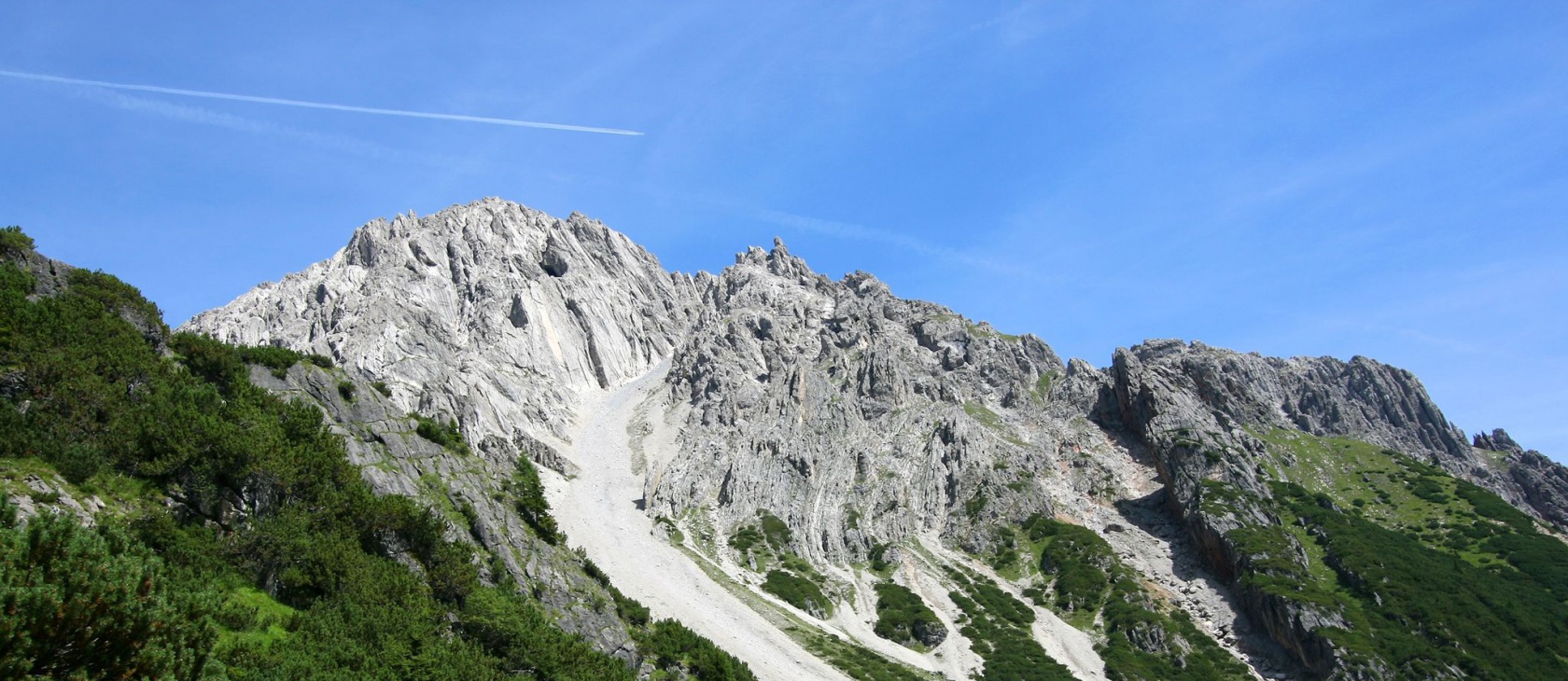Dear friends of Istituto Acton,
I write to you 30,000 feet somewhere over Siberia, returning from a nearly month-long trip that took me from Boston to Hawaii, followed by short stays in Tokyo and Beijing before making my way to London for our December 1 conference on the crisis of liberty in the West.
The trip was less physically exhausting that I thought it would be, but I can’t say it wasn’t intellectually and politically trying. It started with the shock of Donald Trump’s election to the presidency of the United States of America. While I wasn’t a supporter of his style of populism and didn’t expect him to win, I am not surprised the Rust Belt states of Pennsylvania, Ohio, Michigan and Wisconsin were decisive in his victory. (Trump’s best campaign line, “It used to be, cars were made in Flint and you couldn't drink the water in Mexico. Now, the cars are made in Mexico and you cannot drink the water in Flint", perfectly captured post-industrial decline of my hometown and the Upper Midwest in general.) Coupled with the Brexit vote in June, it reminds us supporters of economic globalization that “History” is not always progressive.
Speaking of progressives, the Trump victory has been worthwhile if only to witness their collective nervous breakdown. Having attended the University of Michigan – please don’t mention The Game! – at the onset of campus speech codes and other forms of political correctness, I grew accustomed to the childish, soft-totalitarian nature of tepid leftists. They simply assumed that the “deplorables” could be mocked and then ignored with little or no political consequence. All their talk about democracy, equality and the working class has proven to be nothing more than a façade for the type of one-party rule that has typified socialist experiments in less fortunate parts of the world. Maybe this jarring defeat along with the death of their icon Fidel Castro will re-introduce them to America.
Over the course of the last month, I’ve been trying to re-assure the Christians and free-marketers I’ve met that we too must learn the right lessons from the Trump and Brexit results if we want to see our concerns addressed in this changing political scene. The first is that political arguments prevail over strictly economic ones. “Make America great again” is a simple yet powerful message for those who have been left behind by globalization. It is also appealing to those who may be well-off personally but sense the general decline of the country to which they are still deeply attached. Patriotism and nationalism are not derogatory terms for the vast majority of normal (i.e. non-intellectual) people because they rightly care about what’s happening to their fellow citizens.
The second lesson we should grasp is that massive free-trade agreements do not necessarily serve the cause of free trade. Economists have generally preferred a broader global trading system to regional free-trade agreements because the latter tend to create rent-seeking opportunities for the politically connected (“crony capitalism”) and to erect barriers between regions. If politics usually takes precedence over economics, we need to find ways to lessen rather than multiply such opportunities, while still promoting the benefits of trade. British and American trade negotiators may be more likely to put their national interests at the top of their new agenda, which other countries have always done. This seem less than ideal from an economic perspective, but I think the rest of the world will eventually realize the benefits of continued, perhaps even more robust Anglo-American leadership.
The third lesson is that populism must be taken seriously as a political force but also directed towards political moderation. The left bases its populism on economic class interests, while the right does so on ethnic or national grounds. Each has some legitimacy, neither is wholly accurate, but Trump was able to combine the two. The problem usually begins when mainstream parties lose their ideological bearings and allow fringe parties to fill the vacuum. Ancient and modern European politics in general and Italians ones in particular provide plenty of examples of what happens when the political class is too far removed from the concerns of its citizens, who in turn become thoroughly de-politicized until a demagogue arrives to exploit their once-legitimate, now-overly-passionate grievances. Politically astute and responsible men and women are especially in demand at this precarious moment. (Fortunately it appears that Trump recognizes this in his early cabinet choices.)
What can Christians contribute to this new political era? Evangelicals overwhelmingly supported Trump in the last election and Catholics make up sizable portions of the Rust Belt states that provided his margin of victory, so they may well have some significant leverage to exercise over someone who is explicitly not of their flock. His Supreme Court nomination will be the first major test in keeping conservative Christians on board, even if their issues were not at the center of Trump’s campaign. Perhaps we will have to become better citizens in the generic sense and less identified with single-issue interests. In the end, this may prove to be an advantage and a way of honoring the legacy of Justice Antonin Scalia, who rejected the label of “Catholic” judge. Pope Francis may even agree. We need to provide more salt and light, with cunning and innocence, even or especially if our nation is not our final home.

Kishore Jayabalan
Director



